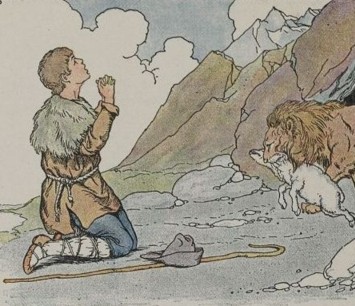| 1. classify | /KLAS-uh-fahy/ |
| -to divide things or people into groups according to their type, or to say which group or type something or someone belongs to | |
| The books in the library are classified according to the subject. | |
| 2. cause | /kawz/ |
| -to make something happen, especially something bad | |
| The weather condition caused several accidents. | |
| 3. unaware | /uhn-uh-WAIR/ |
| -not understanding or realizing something | |
| All this time, I was unaware of the situation. | |
| 4. form | /fawrm / |
| -a type of something | |
| Swimming is the best form of exercise. | |
| 5. risk | /risk/ |
| -the possibility of something bad happening | |
| In this business, the risks and the rewards are high. |
alcohol can cause at least seven different forms of cancer. However, according to WHO health experts, many people are unaware of the association between alcohol and cancer. They think it is important to warn people that alcohol is a carcinogen that has been linked to an increased risk of cancer. Some scientists are hesitant to suggest a connection between alcohol and cancer. One of them is not Dr. Jernigan. He focuses on one form of cancer in particular: breast cancer. Because of the way alcohol interacts with the female sex hormone estrogen, women are particularly vulnerable. The WHO has urged countries to take concrete steps to curb overall
alcohol consumption. Dr. Jernigan refers to these criteria as the “three A’s”: attractiveness, affordability, and availability. According to him, research indicates that addressing these three A’s will help reduce alcoholism. He claims that if you deal with attractiveness by restricting ads, affordability by dealing with price and raising alcohol taxes regularly, and physical availability by dealing with price and increasing alcohol taxes regularly, it is possible to eliminate alcohol issues. It is not a difficult job.
| 1. | What does WHO stand for? |
| 2. | What are the different forms of cancer mentioned? |
| 3. | Why is Dr. Jernigan different from other scientists? |
| 1. | Are you aware of the association between alcohol and cancer? How did you about it? |
| 2. | Do you think that the WHO does the best to inform people about this issue? |
| 3. | Do you think that addressing these three A’s would be effective? Why or why not? |
| 4. | How often do you drink alcohol? Why? |
| 5. | What are the benefits of alcohol that you know? |
| Grammar 文法 |
Pronunciation 発音 | Vocabulary 単語 |
Comprehension 理解 |
|
|---|---|---|---|---|
 GOOD GOOD |
文法の誤りはほとんどなく、完全な文章で話すことができる | ほとんどの単語をはっきりと正しく発音することができる | 習った表現を適切に使うことができる | 文章を理解し、質問に正しく答えることができる |
 FAIR |
文法の誤りはあるが、完全な文章で話すことができる | 発音の練習が必要な言葉がいくつかある | たまにミスはあるが、習った表現を適切に使うことができる | 文章を完全に理解するのは難しく、質問に正しく答えられないときもある |
 POOR |
文章で話すのは難しく、単語だけで話すことができる | 発音の練習が必要である | 習った単語と表現を少しだけ使うことができる | 文章を理解するのは難しく、質問に答えるのは難しい |




